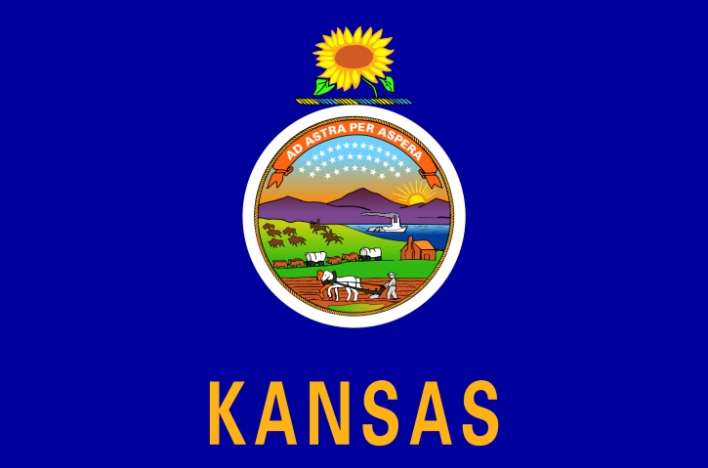It was a record-breaking, long and grueling legislative session in Kansas this spring, but finally on June 12, a tax package passed the House and Senate.
Here are the highlights that Kansas businesses need to know:
Sales Tax Increase // As of July 1, the statewide sales tax rate moved from 6.15 percent to 6.5 percent. Many local jurisdictions add to that amount, so be sure to research your actual combined rate by visiting the Kansas Department of Revenue’s Local Sales Tax Information page, which is in the process of being updated.
Income Tax Rates // The bills eliminate scheduled income tax rate reductions and freeze the current 2.7 percent income tax rate for the bottom bracket and 4.6 percent rate for the top bracket through 2017. For tax years beginning in 2018, the top rate will remain at 4.6 percent, and the bottom rate will be reduced to 2.6 percent. Low-income single filers with income below $5,000 and joint filers with income below $12,500 are exempted from income tax.
Taxation of Guaranteed Payments // The legislation will reimpose income tax on guaranteed payments in pass-through businesses. As you may remember, 2012 legislation completely eliminated the tax on this income, but it’s ba-a-a-ack.
Itemized Deductions // The new legislation eliminates all itemized deductions retroactive to Jan. 1, 2015 with the exception of deductions for charitable contributions, mortgage interest and property taxes. Charitable contributions remain fully deductible for Kansas taxpayers able to itemize at the state level. Deductions for mortgage interest and property tax are reduced to 50 percent. (Originally planned for 2017, this reduction has been accelerated to take effect immediately.)
Tobacco Taxes // As of July 1, the state’s cigarette tax has increased by 50 cents per pack from 79 cents to $1.29 per pack. In addition, any cigarettes in inventory as of July 1 will be subject to a 50-cent-per-pack tax. Electronic cigarettes will receive a new tax of 20 cents per millimeter of consumable material with a proportionate tax on all lesser amounts of material.
Rural Opportunity Zone // This program has been extended for an additional five years.
It’s anticipated that the new legislation will raise taxes by $384 million to balance the budget for the fiscal year beginning July 1, 2015.


